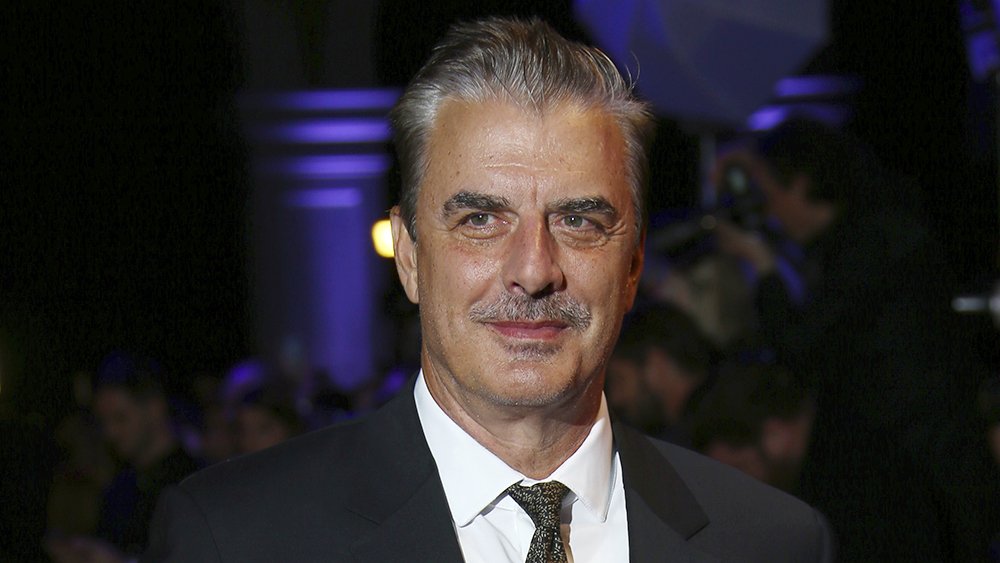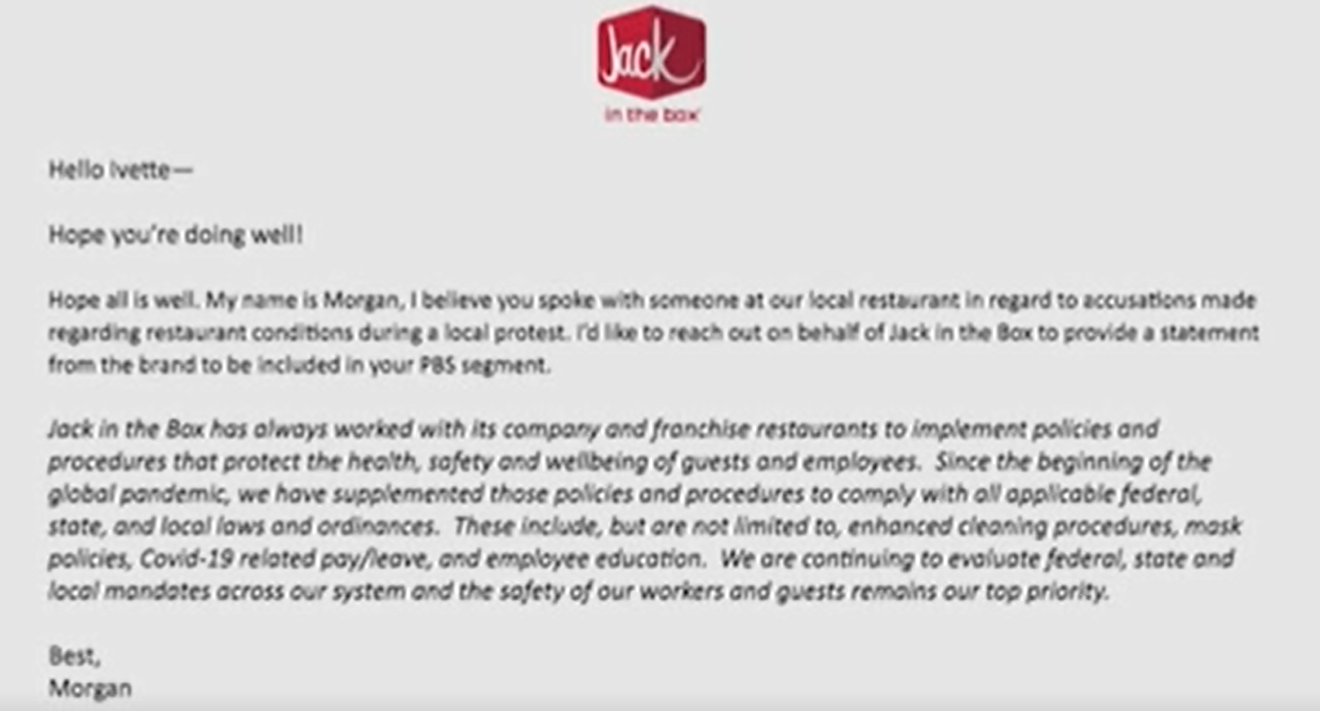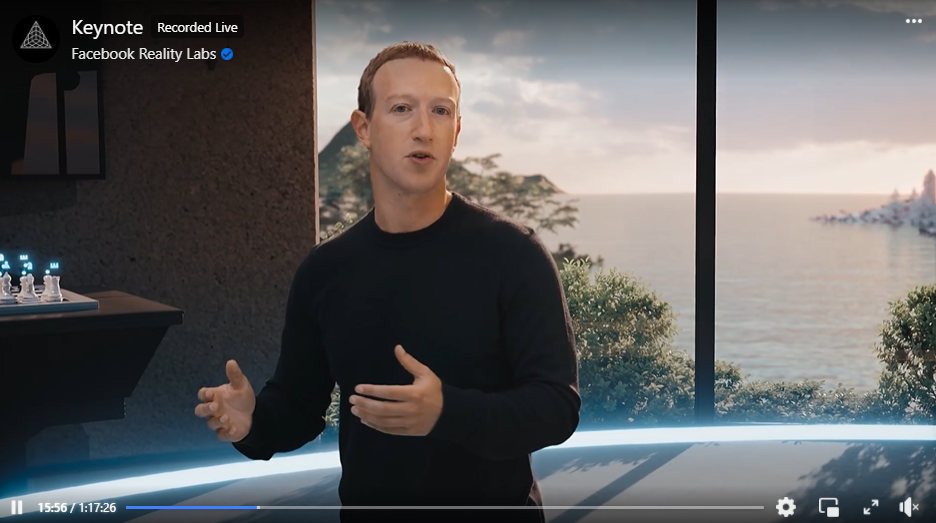Messages About Twitter Purchase
/After a month-long saga, Elon Musk, the wealthiest man in the world, has an accepted offer to buy Twitter. The news release illustrates a positive message, which, like most, is also persuasive. I’ll also acknowledge that the news is not viewed positively by all.
Twitter’s news release includes the following quotes:
Bret Taylor, Twitter's Independent Board Chair, said, "The Twitter Board conducted a thoughtful and comprehensive process to assess Elon's proposal with a deliberate focus on value, certainty, and financing. The proposed transaction will deliver a substantial cash premium, and we believe it is the best path forward for Twitter's stockholders."
Parag Agrawal, Twitter's CEO, said, "Twitter has a purpose and relevance that impacts the entire world. Deeply proud of our teams and inspired by the work that has never been more important."
"Free speech is the bedrock of a functioning democracy, and Twitter is the digital town square where matters vital to the future of humanity are debated," said Mr. Musk. "I also want to make Twitter better than ever by enhancing the product with new features, making the algorithms open source to increase trust, defeating the spam bots, and authenticating all humans. Twitter has tremendous potential – I look forward to working with the company and the community of users to unlock it."
Some users promise to leave Twitter, concerned that losing controls the company implemented over the past several years will create an unsafe environment. More conservative groups tout the move. The Wall Street Journal editorial board wrote that “it will be fascinating to watch Mr. Musk try to break Silicon Valley’s culture of progressive conformity.”
Musk’s early moves will be particularly interesting to watch. Will he reinstate former President Trump’s account? The president said he won’t return to Twitter regardless. Will employees leave in droves, which could be a problem in a tight labor labor? CEO Parag Agrawal tried to quell fears in an all-hands meeting:
This is indeed a period of uncertainty. All of you have different feelings and views about this news, many of you are concerned, some of you are excited, many people here are waiting to understand how this goes and have an open mind ... If we work with each other, we will not have to worry about losing the core of what makes Twitter powerful, which is all of us working together in the interest of our customers every day.
These messages illustrate the uncertainty Agrawal acknowledges. Unlike Musk, he demonstrates compassion and humility. How the news affects Twitter’s culture—both for employees and its users—remains to be seen.





















